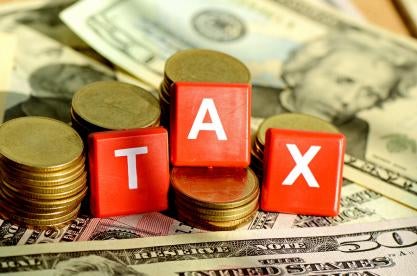In another round of warnings from the federal government on protecting yourself from tax return fraud and identity theft, the Internal Revenue Service (IRS) has issued its 2019 “Dirty Dozen” Campaign, designed to warn individuals about the most common tax-related phishing schemes that are focused on tax fraud and identity theft.
During tax season, cybercriminals work around the clock to locate and dupe consumers into giving them information they need in order to file false tax returns. The schemes can happen over the telephone, via text messages, websites, or email.
The first of the Dirty Dozen is a warning about the highest threat – phishing. Phishing emails look very real and use the IRS’ logo and threatening language designed to scare the recipient into giving personal information. The email or telephone call appears to be from someone from the IRS, threatening legal action or fines if you don’t pay taxes due. They are usually urgent and require the recipient to make a split-second decision.
A new twist on phishing campaigns this year was one targeted at tax preparers and professionals. The campaign against these professionals obtains the personal information of the professional’s clients, fraudulent tax returns were filed in their names, paid the refunds to the scammers, and then the scammers contacted the taxpayers posing as a debt collector acting on behalf of the IRS to get the refund back. Very clever.
The IRS also warned payroll offices and human resources departments that they should be on high alert for phishing emails requesting W-2 forms of employees, which the scammers use to file false tax returns seeking refunds. According to the IRS, variations of these schemes include requesting changes to an employee’s direct deposit information (which should always be verified directly with the employee), payment of fake invoices, or requests for wiring instructions to a new or different account.
The IRS requests that anyone who has become the victim of any of these schemes report it to phishing@irs.gov. It reminds people that the IRS generally does not email or call individuals regarding their taxes, and to be on high alert for any calls or emails claiming to be from the IRS.



 i
i


